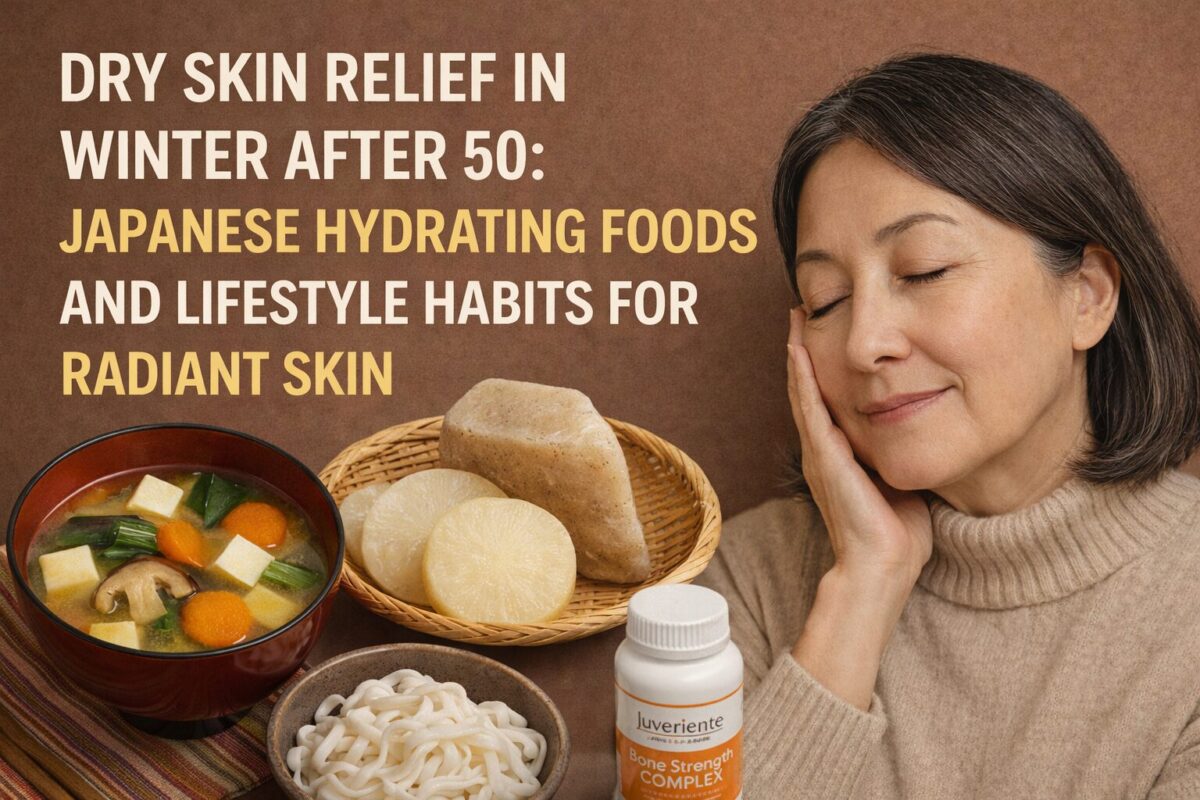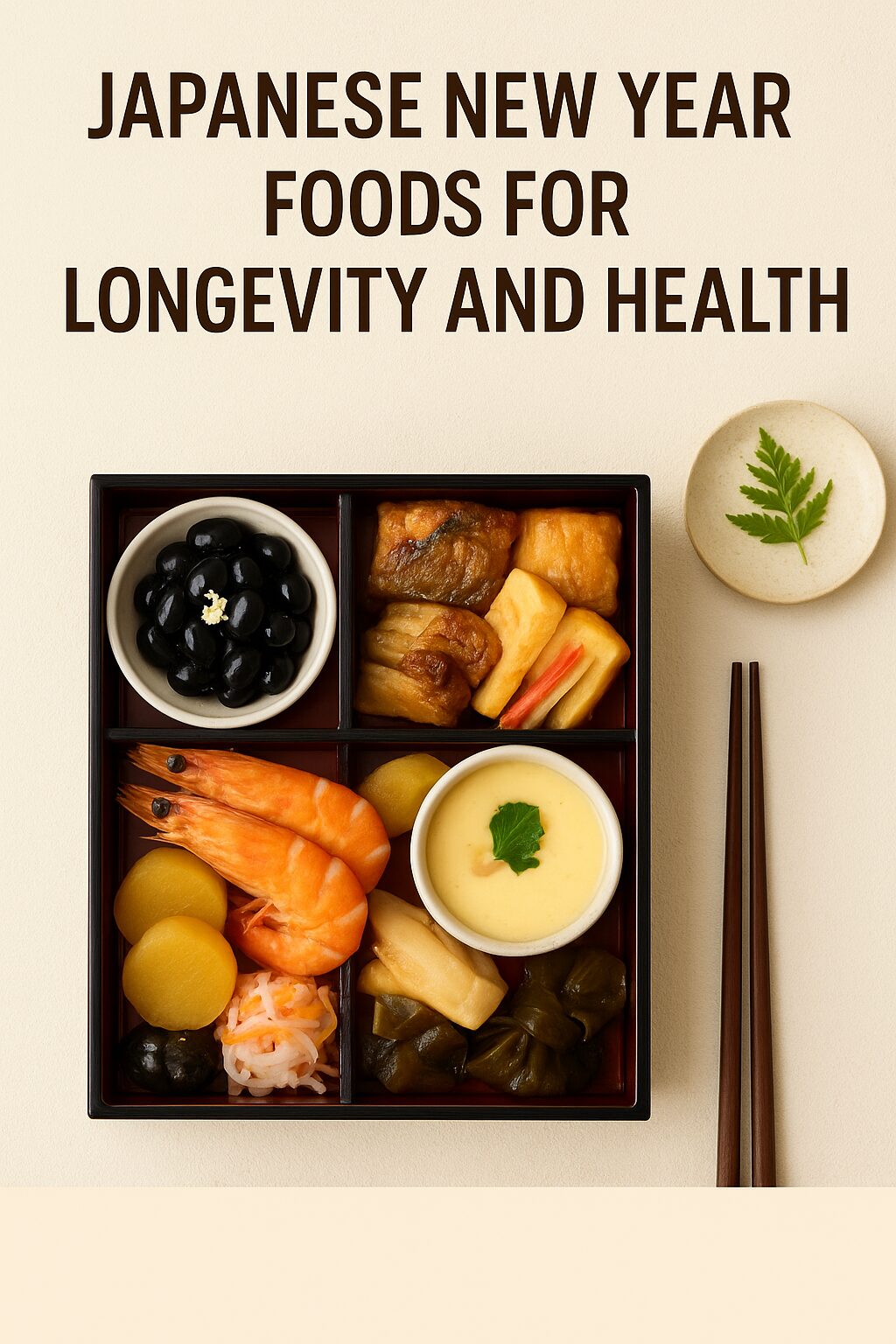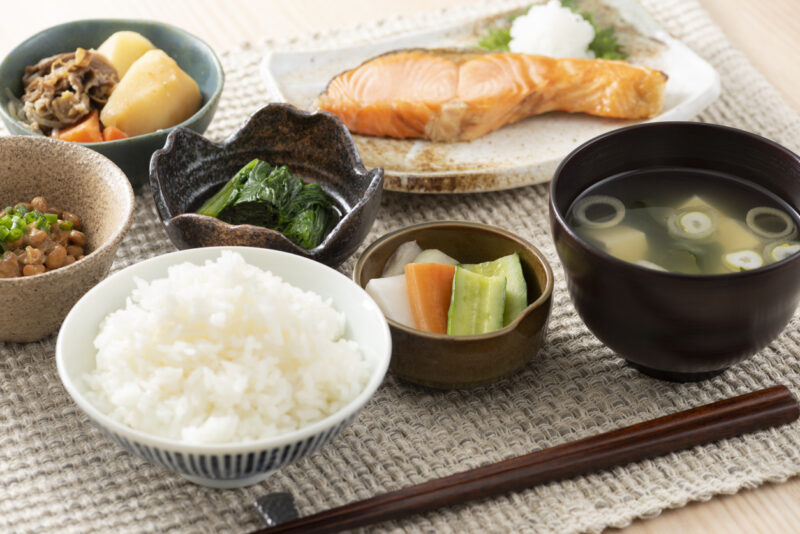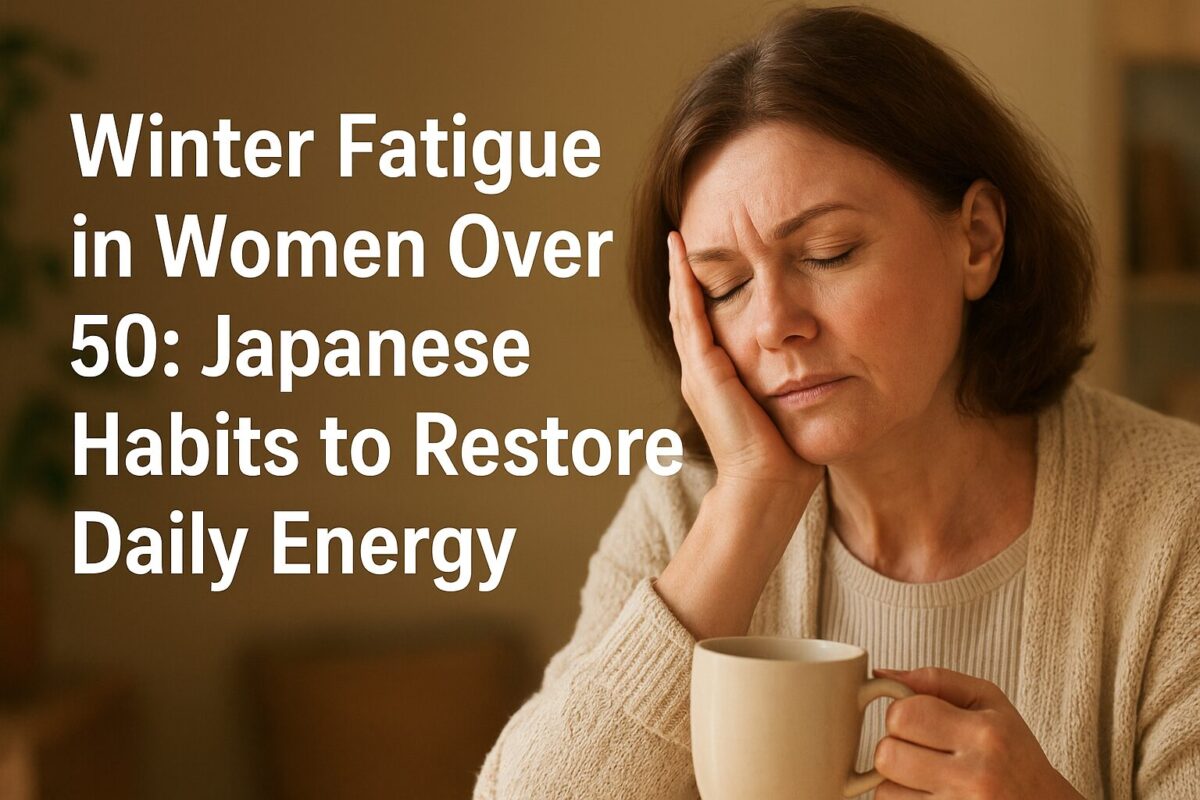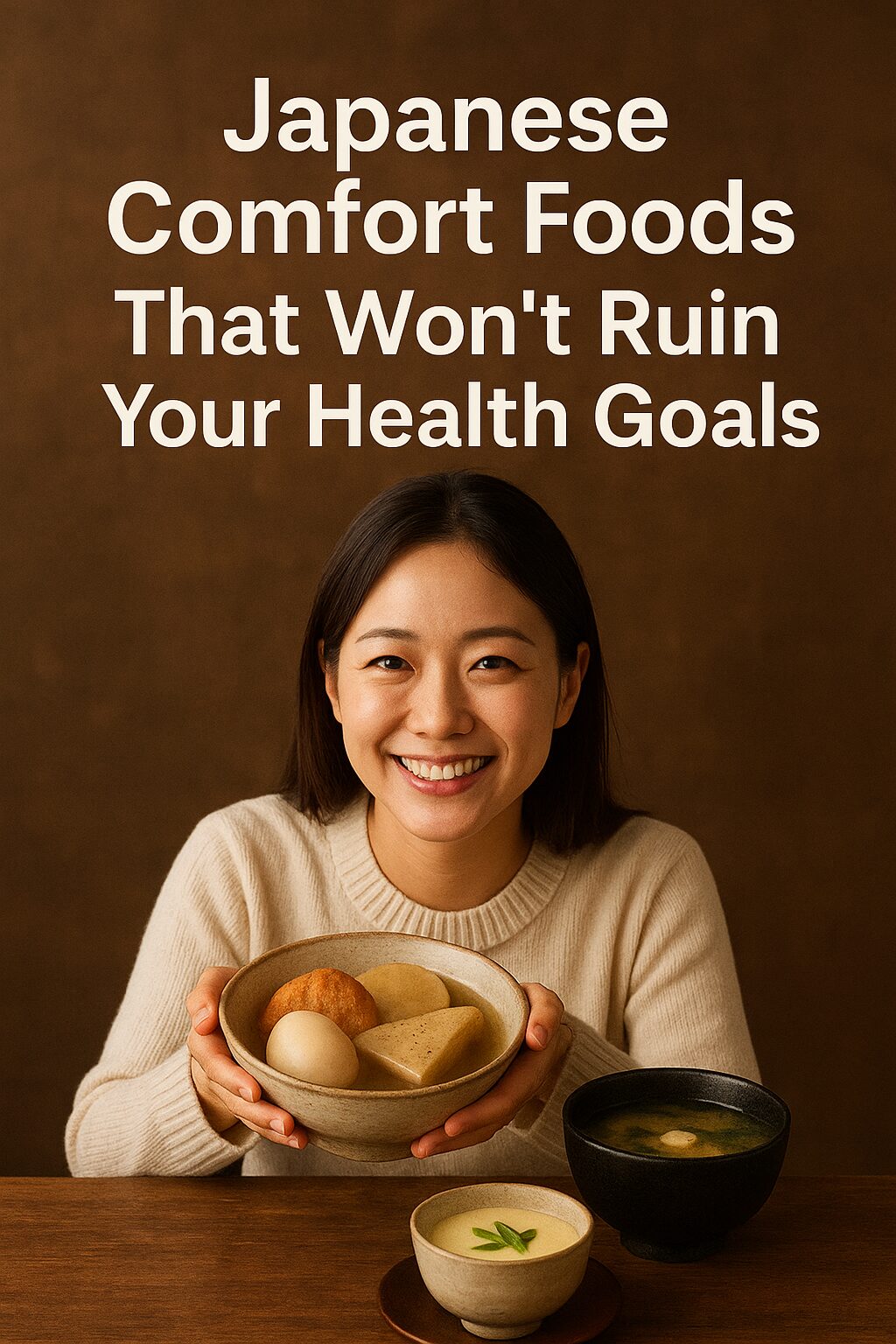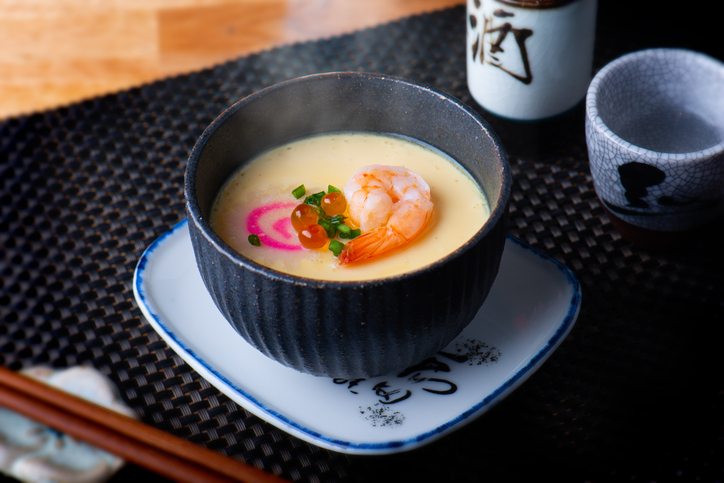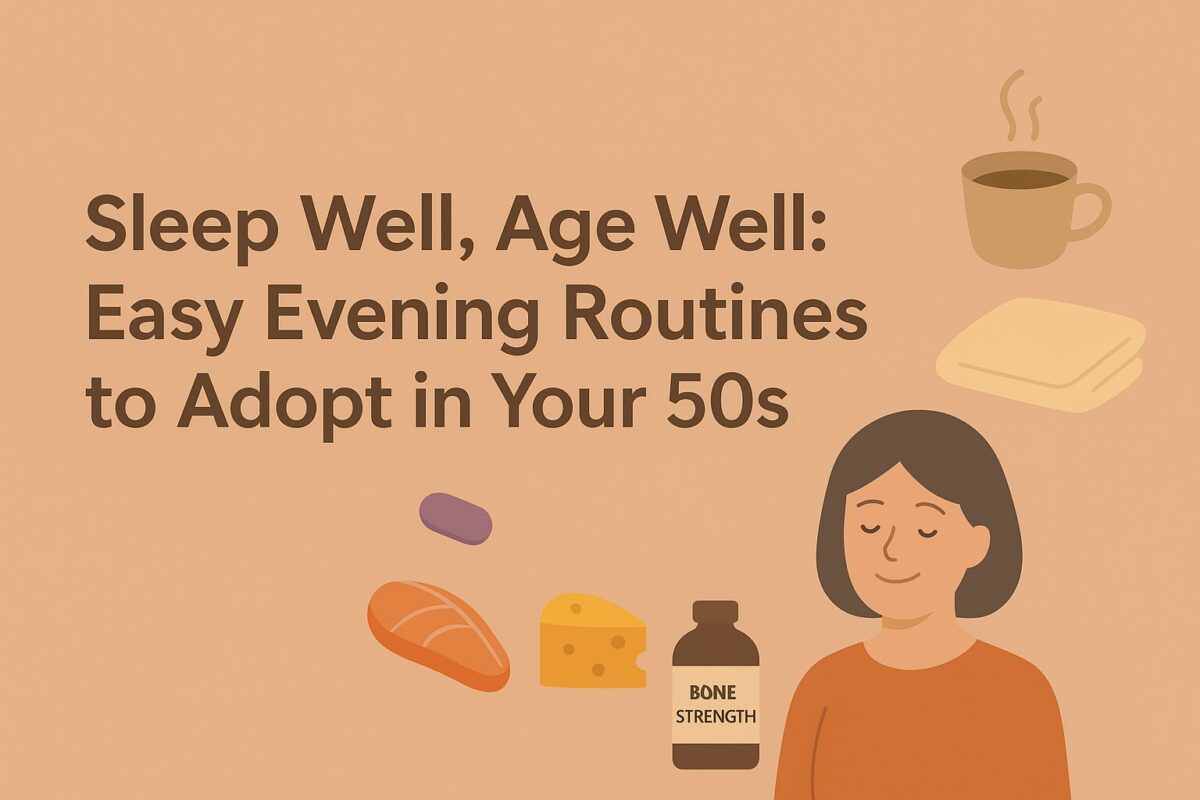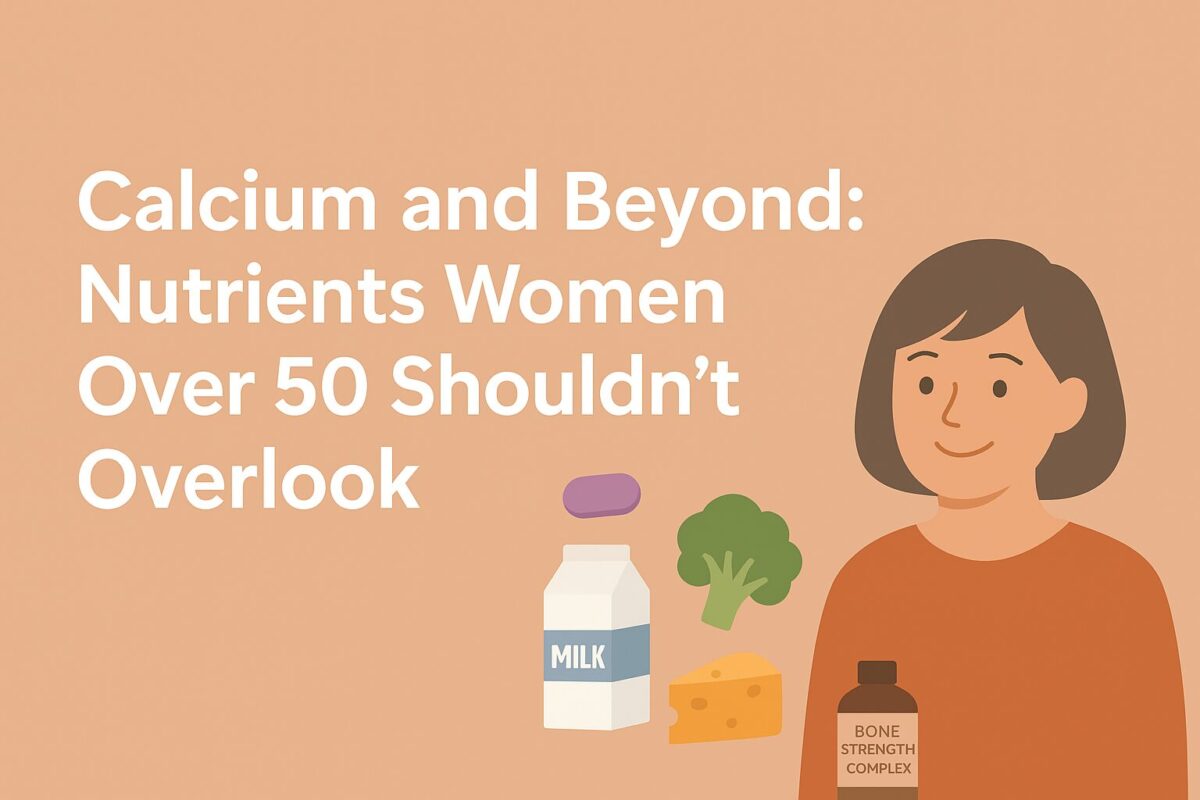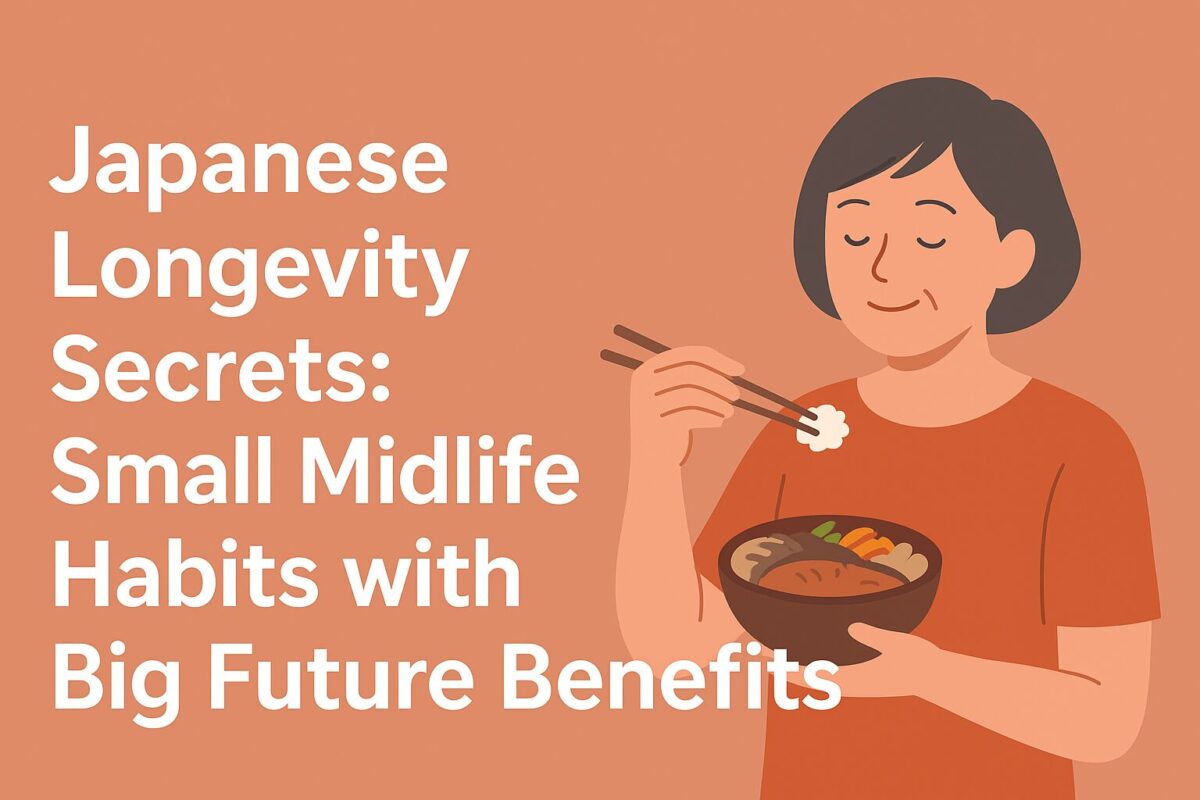Winter can be especially harsh on the skin—particularly for women over 50. As temperatures drop and indoor heating increases, many women notice their skin becoming drier, duller, and more sensitive than ever before. Fine lines appear deeper, makeup doesn’t sit well, and no amount of moisturizer seems to fully solve the problem.
These changes are not just cosmetic. After menopause, hormonal shifts reduce the skin’s ability to retain moisture, produce collagen, and repair itself efficiently. In Japan, winter skincare is approached not only from the outside, but also from within, using hydrating foods, gentle bathing habits, and seasonal routines that protect skin naturally.
This article explores how Japanese winter wisdom can help relieve dry skin, restore radiance, and support healthy aging skin after 50.
Why Dry Skin and Dullness Worsen After 50 in Winter
Hormonal Changes Reduce Skin Moisture
Estrogen helps maintain skin thickness, elasticity, and moisture retention. After menopause, declining estrogen levels lead to:
-
Reduced natural oils
-
Thinner skin barrier
-
Slower cell turnover
This makes skin more vulnerable to cold air and dryness.
Cold Air and Indoor Heating Dehydrate the Skin
Winter air contains less humidity, while indoor heating pulls moisture from both the air and your skin. This combination accelerates water loss, leading to:
-
Flaking
-
Tightness
-
Itching
-
Dull, tired-looking skin
Reduced Circulation Affects Skin Tone
Slower circulation in winter reduces oxygen and nutrient delivery to the skin, contributing to dullness and uneven tone.
Japanese winter habits address all three issues: hydration, circulation, and gentle nourishment.
Japanese Hydrating Foods That Support Skin from the Inside
In Japanese culture, beautiful skin begins in the kitchen. Winter meals focus on moisture-rich, mineral-dense foods that hydrate the body internally.
Daikon Radish: Deep Hydration and Detox Support
Daikon is a winter staple in Japan and contains over 90% water.
Skin benefits include:
-
Supporting hydration from within
-
Aiding digestion and detoxification
-
Providing vitamin C for skin brightness
Daikon is commonly eaten simmered, in soups, or lightly pickled—methods that preserve moisture and warmth.
Konnyaku: Gentle Hydration Without Calories
Konnyaku (made from konjac root) is unique in Japanese cuisine.
Why it helps winter skin:
-
Extremely high water content
-
Rich in glucomannan fiber
-
Supports gut health, which influences skin clarity
A healthy gut improves nutrient absorption and reduces inflammation—both crucial for skin health after 50.
Miso: Fermentation for Skin Barrier Support
It is not only good for immunity—it also benefits the skin.
It provides:
-
Fermented compounds that support gut-skin balance
-
Amino acids for skin repair
-
Minerals that support moisture retention
Daily miso soup gently hydrates the body and supports the skin barrier from within.
Seaweed: Mineral-Rich Hydration for Aging Skin
Seaweeds like wakame and kombu are rich in:
-
Iodine
-
Magnesium
-
Iron
-
Antioxidants
These minerals help maintain skin elasticity and hydration. Seaweed also contains polysaccharides that support moisture retention at the cellular level.
Adding seaweed to soups or salads is an easy winter skincare habit.
Japanese Winter Bathing Habits for Moisturized Skin
Japanese skincare places great importance on how you bathe, not just what you apply afterward.
The Right Way to Use the Bath (Ofuro)
In Japan, soaking in a warm bath is a daily ritual—not a rushed task.
Skin-friendly bathing tips:
-
Water temperature: warm, not hot
-
Soak for 10–15 minutes
-
Avoid long, hot showers that strip oils
Warm baths improve circulation and help skin absorb moisture more effectively afterward.
Additives That Support Winter Skin
Traditional Japanese bath additives include:
-
Yuzu peel – improves circulation and skin tone
-
Rice bran (komenuka) – rich in vitamin E
-
Epsom salts – relax muscles and support detox
These additions enhance hydration and relaxation without harsh chemicals.
Post-Bath Japanese Moisturizing Habit
In Japan, moisturizers are applied immediately after bathing, while skin is still damp.
This method:
-
Locks in moisture
-
Strengthens the skin barrier
-
Reduces transepidermal water loss
This simple timing change can dramatically improve winter dryness.
Lifestyle Habits That Prevent Winter Dullness
Warm Hydration Throughout the Day
Cold drinks cool the body and reduce circulation. Japanese women often sip warm tea or water in winter.
Benefits:
-
Supports circulation to the skin
-
Improves digestion
-
Reduces internal dryness
Hōjicha and warm barley tea are popular, caffeine-light choices.
Sleep and Skin Repair
Skin regenerates at night. Winter sleep disruption can worsen dryness and dullness.
Japanese routines emphasize:
-
Consistent sleep times
-
Evening baths
-
Reduced stimulation at night
Better sleep supports collagen production and skin repair.
The Role of Antioxidants in Winter Skin Health
Oxidative stress increases in winter due to:
-
Cold exposure
-
Inflammation
-
Hormonal imbalance
Antioxidants help protect skin cells and preserve brightness.
Beta-Cryptoxanthin: A Hidden Skin Support Nutrient
Beta-cryptoxanthin, found in Japanese mandarin oranges, is known for:
-
Reducing oxidative stress
-
Supporting skin elasticity
-
Suppressing excess fat cell activity
While best known for bone health, beta-cryptoxanthin may offer secondary skin benefits, especially during dry winter months.
This nutrient is featured in Juveriente Bone Strength Complex, making it a useful seasonal supplement for women concerned about both bone and skin health.
Supporting Skin Health Through Hormonal Balance
Dry skin after 50 is closely tied to hormonal decline. Supporting the body’s natural hormone pathways helps improve:
-
Skin moisture retention
-
Elasticity
-
Overall radiance
Traditional Japanese diets include fermented soy foods rich in aglycone isoflavones, which support hormonal balance gently.
Supplements inspired by this tradition can complement dietary and lifestyle changes.
A Simple Japanese-Inspired Winter Skin Routine
Morning
-
Warm tea
-
Hydrating breakfast with miso or soup
Daytime
-
Warm hydration
-
Balanced meals with vegetables and seaweed
Evening
-
Warm bath
-
Immediate post-bath moisturizing
-
Early, consistent bedtime
Small daily habits create noticeable skin improvements over time.
Conclusion: Winter Skin Care Starts from Within
Dry skin, dullness, and winter irritation after 50 are common—but not unavoidable.
By embracing Japanese hydrating foods, gentle bathing rituals, and antioxidant-rich nutrition, you can support your skin naturally throughout winter.
True winter skincare is not about stronger products—it’s about consistent, gentle care that respects how the body changes with age.
A Natural Supplement from Fermented Soybean Germ
When you find your early signs and symptoms of menopause, yThere are numerous isoflavone supplements available in the market, but most of them are extracted from non-fermented soybeans.
Juveriente®’s Effisoy, launched in 2016, based on fermented soy bean germ extract has been loved as a natural menopause relief since its launching in 2016.
Its primary function is to boost the weakened synthesis of a hormone precursor, DHEA. It’s safe as it only heals the natural synthesis function. The hormone boost doesn’t provide the only relief from menopausal symptoms. But, it also supports various aging and hormonal imbalance issues and including insomnia.
Here are some of the real product reviews in our Amazon shop.
“Restful sleep finally!!”, “I Am Now Free of Hot Flashes!!”, “Lifesaver”



